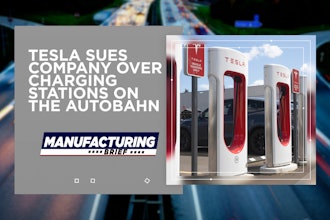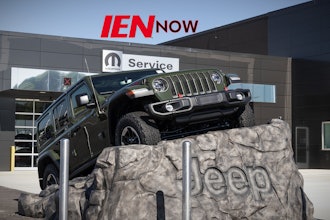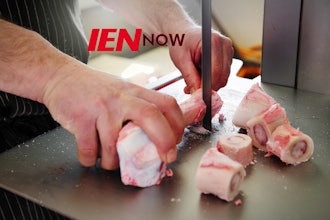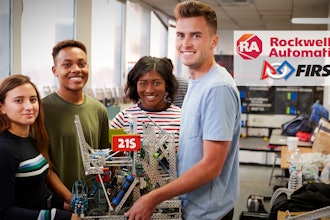Before the coronavirus pandemic, only doctors and healthcare providers wore three-ply disposable face masks. Now, they're required by manufacturers, state and local governments, and an entire alphabet soup of federal agencies.
Premium-PPE is one of the few companies that makes three-ply masks in America. Having masks on-hand is more important than ever, because as Brent Dillie, Premium-PPE commercial director says, if factories don't, operations could be shut down.
When the pandemic hit, manufacturers and distributors were making panic buys direct from Asia or through fly-by-night importers in the US. In many cases, companies shelled out a 100-percent down payment and never received the product; or the product was delayed or poor quality.
Premium-PPE is not only making American masks, but the company offers peace of mind with supply chain security.
The company makes the masks at its facilities in Virginia Beach, Virginia. The company keeps about one million in stock and can ship same day.
The company is made up of mostly local hires, machine operators who work on three stage machines that join the three fibrous layers, cut the masks, and add the earloops.
According to Dillie, the root of the nation's PPE problem started years ago, when safety equipment manufacturing moved overseas. Dillie says, "COVID was the point that all of the off-shoring came back to really bite us as a country." He says we need US mask makers so we can ramp up production immediately in an emergency.
While some workers think mask policies are overkill, Dillie stresses that mandatory mask policies should be in effect until the US has a full handle on the current virus. Masks help keep the wearer safe, but they also dramatically reduce the amount of airborne particulate.
Aside from the patriotic aspect of buying American, it comes down to business continuity and cost-benefit decisions. Businesses and the government have made masks a requirement for operating.
According to Dillie, the risk of relying on imported masks, primarily from China, is too high. Dillie asks, "Can you risk your business continuity and workforce on US-China relations? An outbreak in China that causes their government to ban exports? Or difficulties of international shipping, customs, and importation?"
Finally, when shopping around, he's what you should look for to make sure your doors stay open:
Shoot for Bacterial Filtration Efficiency (BFE) of 95% or above -- when suppliers go cheap on materials, mask efficacy plummets.
Make sure the ear loops are ultrasonically welded, not sewn -- this will prevent earloops from falling off.






















